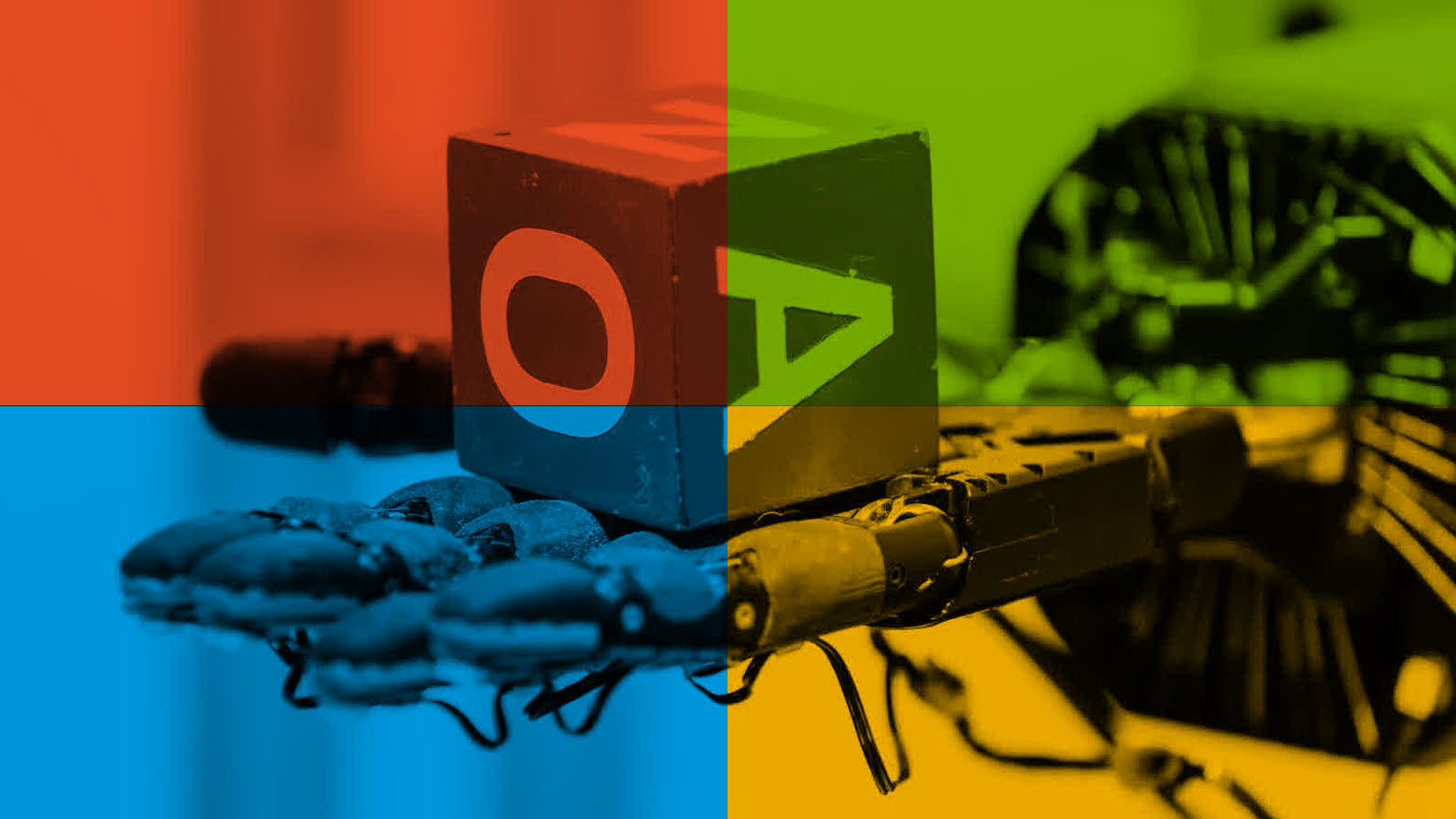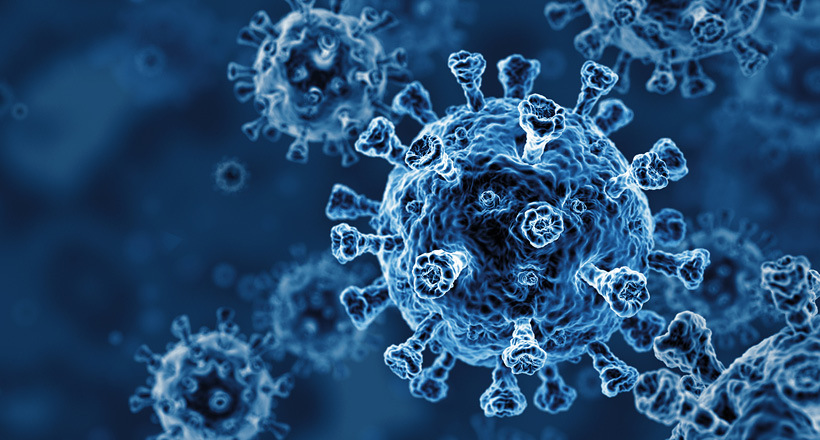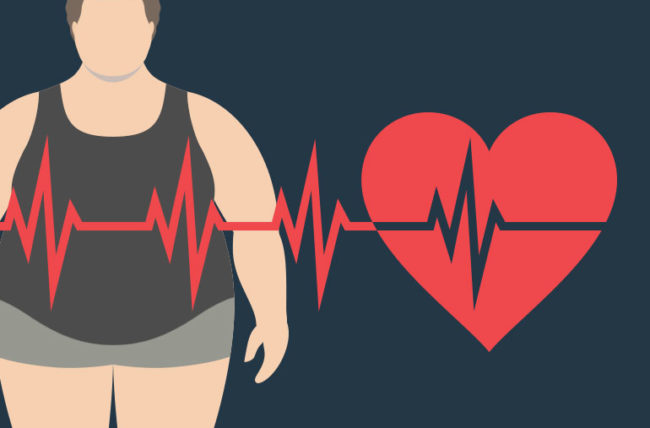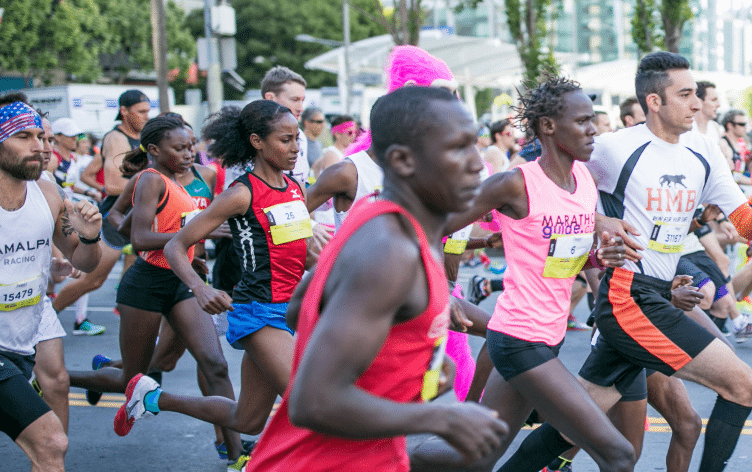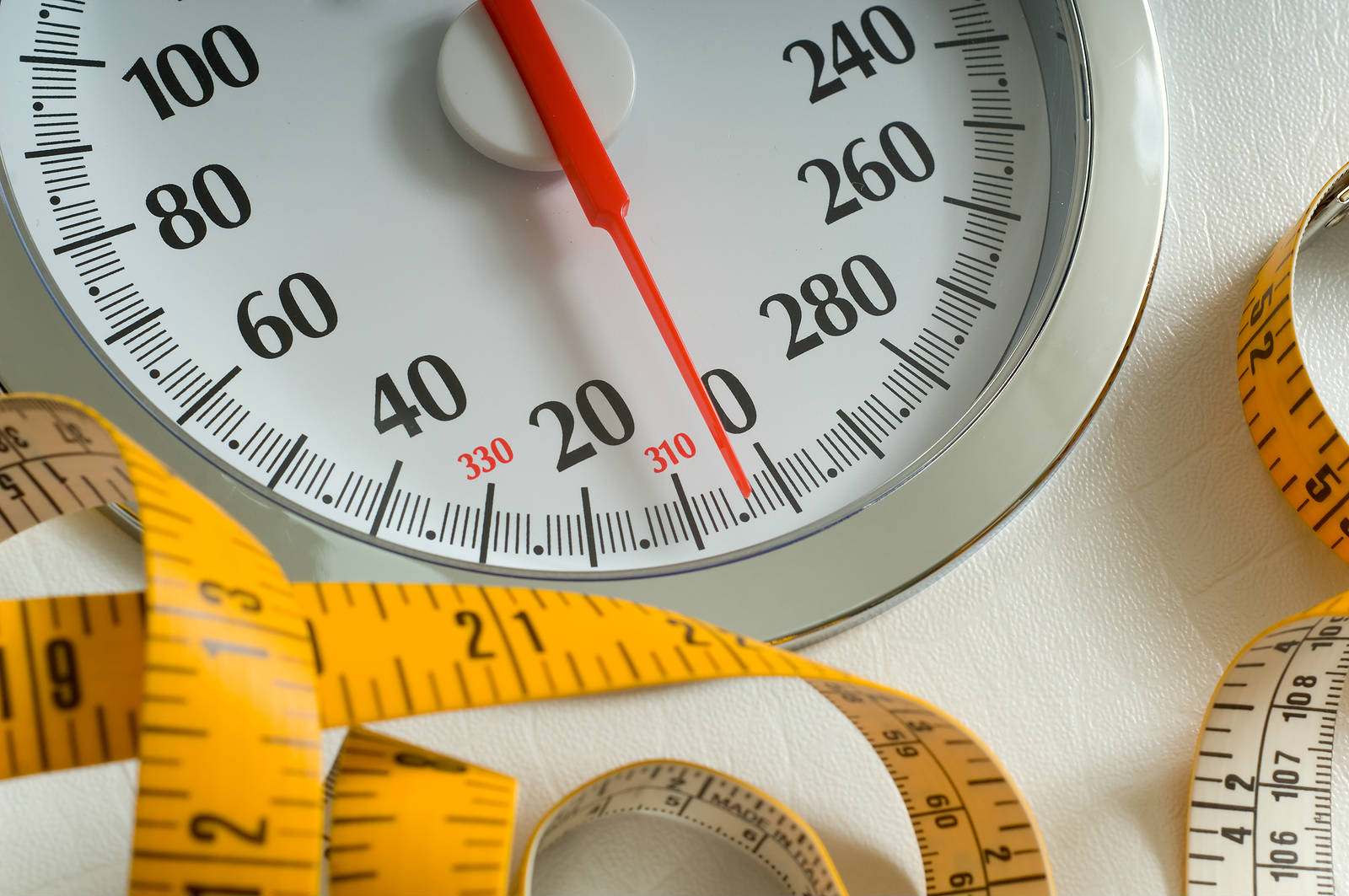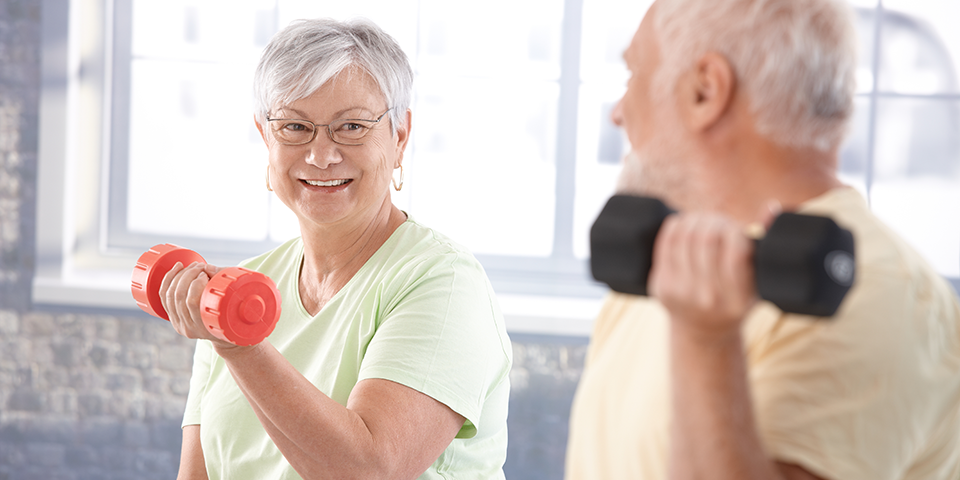ruled.me by Craig Clarke
What is the Keto Diet?
A ketogenic diet is a low carb, high fat diet that turns your body into a fat-burning machine. When insulin – the fat storing hormone – levels drop, you will feel the difference of an optimal body. Keto has many weight loss, health and performance benefits for type 2 diabetes, epilepsy, PCOS, metabolic syndrome, blood pressure, cholesterol, mental focus and numerous autoimmune diseases.
Keto restricts your intake of sugar and starchy foods, like pasta and bread. Instead, you’ll eat delicious real food with selective protein, healthy fats, and vegetables for nutrients. Ruled.me contains everything you need – what to eat, what to avoid, and exactly how to do it.



